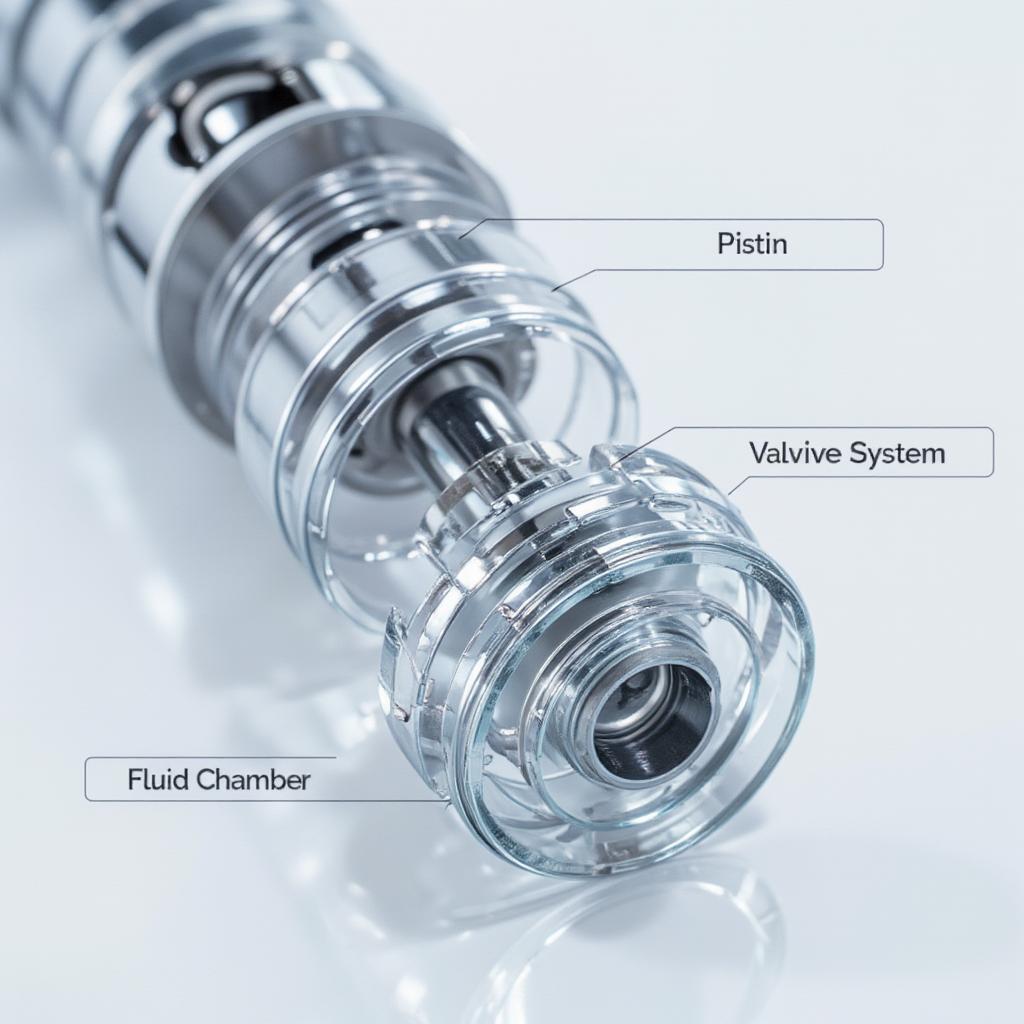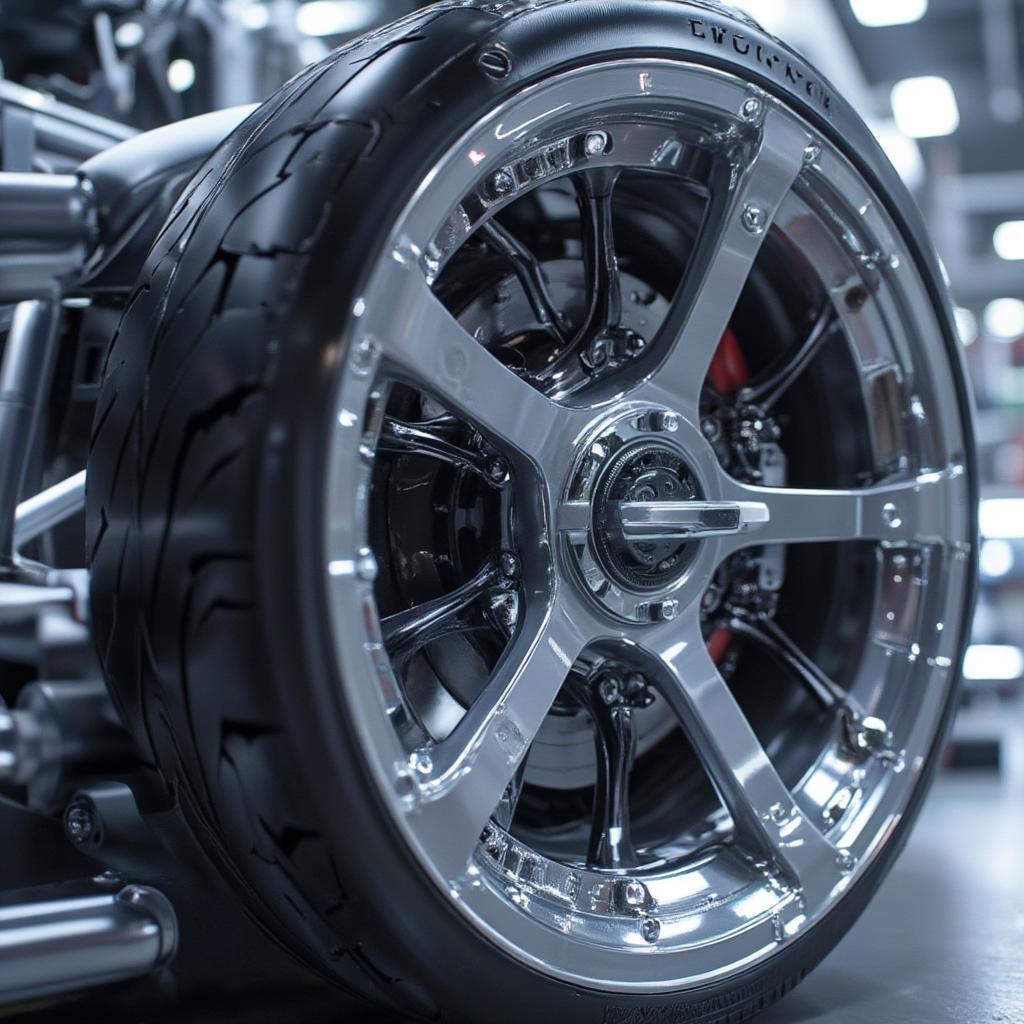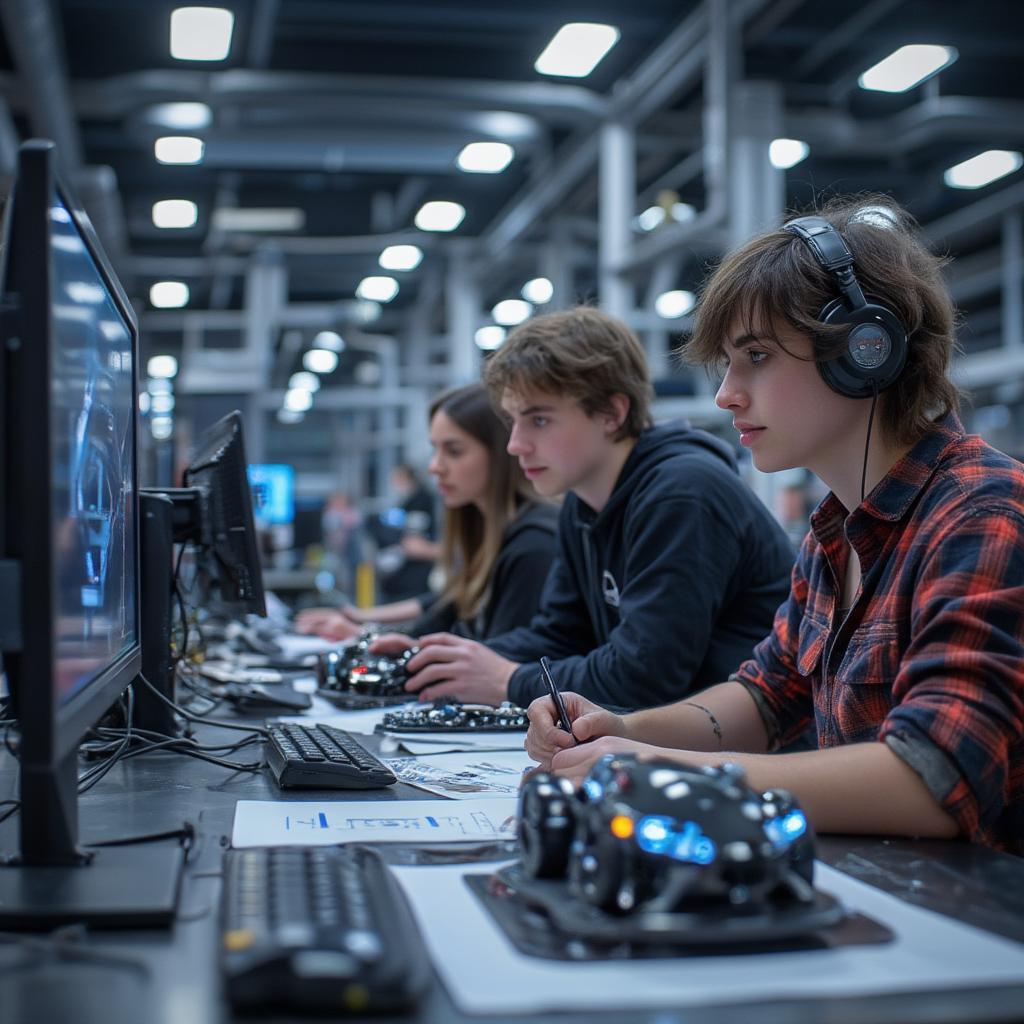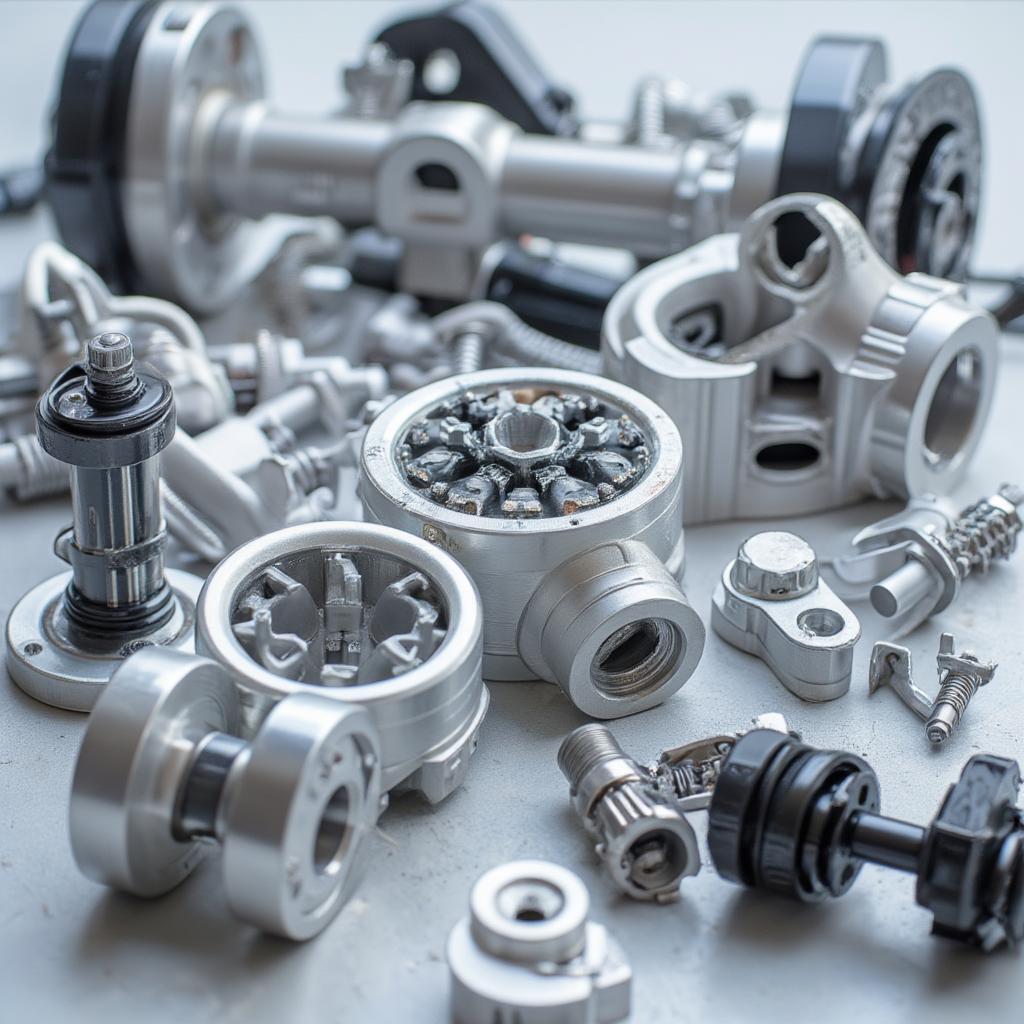Mastering Collision Repair Training: A Comprehensive Guide
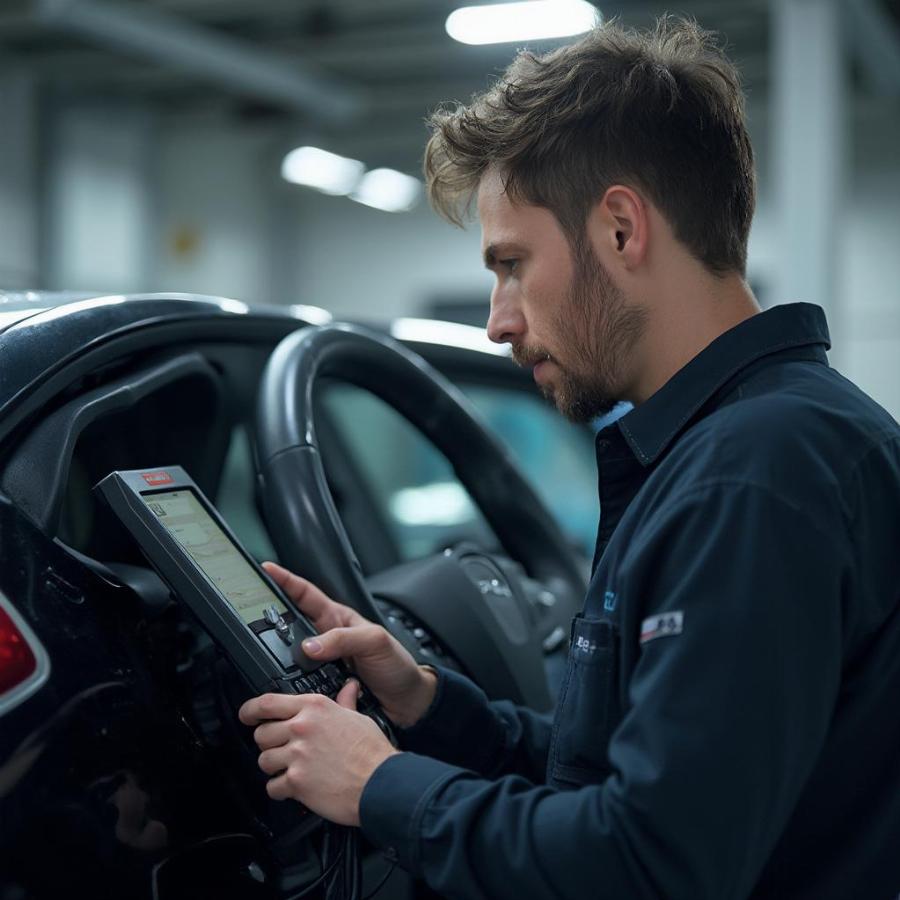
Collision Repair Training is essential for anyone seeking a career in the automotive industry. This training provides the necessary skills and knowledge to restore damaged vehicles to their pre-accident condition, encompassing everything from minor dents to major structural repairs. In today’s technologically advanced automotive landscape, collision repair technicians require a comprehensive understanding of both traditional techniques and cutting-edge technologies.
The Importance of Professional Collision Repair Training
The demand for skilled collision repair technicians is consistently high. As vehicles become increasingly complex, incorporating advanced materials and sophisticated safety systems, the need for specialized training grows even more critical. Professional collision repair training programs equip aspiring technicians with the expertise needed to diagnose and repair damage accurately, ensuring the safety and performance of the repaired vehicles. This includes not only the technical aspects of repair but also a deep understanding of estimating, customer service, and insurance procedures. Choosing the right collision repair training program is a crucial step towards a successful career in this demanding field.
Choosing a reputable training program is crucial. Look for programs that are accredited by recognized industry organizations, offer a comprehensive curriculum covering both theory and practical application, and provide access to state-of-the-art equipment.
Key Areas Covered in Collision Repair Training
Collision repair training covers a wide range of topics, from basic skills to advanced techniques. Fundamental areas of study typically include:
- Metalworking and Welding: This involves learning how to repair and shape sheet metal, including welding, cutting, and filling techniques.
- Painting and Refinishing: This aspect focuses on surface preparation, color matching, and application of paint and clear coats to achieve a flawless finish.
- Structural Analysis and Repair: Understanding how vehicle structures are designed and how to repair damage to ensure structural integrity is essential.
- Mechanical and Electrical Systems: Collision repair technicians often need to work with mechanical and electrical components, requiring a basic understanding of these systems.
- Damage Assessment and Estimating: Accurately assessing damage and preparing estimates is a vital skill for collision repair professionals.
Choosing the Right Collision Repair Training Program
With numerous collision repair training programs available, choosing the right one can be challenging. Consider the following factors:
- Accreditation and Certification: Look for programs accredited by reputable organizations like I-CAR (Inter-Industry Conference on Auto Collision Repair).
- Curriculum and Facilities: Ensure the program offers a comprehensive curriculum and access to modern equipment and tools.
- Instructor Experience: Experienced instructors can provide valuable insights and practical guidance.
- Job Placement Assistance: A good training program should offer support in finding employment after graduation.
Advanced Technologies in Collision Repair
The collision repair industry is constantly evolving, with new technologies emerging regularly. Training programs should incorporate the latest advancements, including:
- Advanced Driver-Assistance Systems (ADAS): Understanding how these systems work and how to recalibrate them after a collision is becoming increasingly important.
- Electric Vehicle (EV) Repair: With the growing popularity of EVs, specialized training in high-voltage systems and battery technology is essential.
- 3D Measuring and Blueprinting: These technologies enable precise measurements and accurate repairs.

Career Opportunities after Collision Repair Training
Completing a collision repair training program opens doors to a variety of career paths, including:
- Collision Repair Technician: This is the most common role, involving hands-on repair work.
- Estimator: Estimators assess damage and prepare repair cost estimates.
- Shop Manager: Managing a collision repair shop involves overseeing operations and staff.
- Insurance Appraiser: Insurance appraisers evaluate vehicle damage and determine insurance payouts.
“The demand for skilled collision repair technicians is higher than ever, especially those trained in the latest technologies like ADAS and EV repair,” says John Miller, a seasoned collision repair expert with over 20 years of experience.
The Future of Collision Repair Training
The future of collision repair training will undoubtedly be shaped by ongoing technological advancements. We can expect to see more emphasis on:
- Virtual and Augmented Reality Training: These technologies offer immersive learning experiences and enhance practical skills development.
- Data-Driven Diagnostics and Repair: The use of data and analytics will play an increasingly important role in diagnosing and repairing vehicles.
- Artificial Intelligence (AI) in Collision Repair: AI-powered tools and systems will assist technicians in various tasks, from damage assessment to repair planning.
Conclusion
Collision repair training provides a pathway to a rewarding career in a dynamic and evolving industry. By choosing the right program and embracing continuous learning, aspiring technicians can position themselves for success in this in-demand field. Pursuing collision repair training is an investment in a future filled with opportunities for growth and specialization within the automotive sector.
“Embracing lifelong learning is crucial in the collision repair industry. New technologies and repair methods emerge constantly, requiring technicians to stay updated,” adds Maria Sanchez, Lead Instructor at a leading collision repair training center.
FAQ
- What is the average salary for a collision repair technician?
- How long does it typically take to complete a collision repair training program?
- What are the certification requirements for collision repair technicians?
- What are the different types of welding used in collision repair?
- What are the key skills needed to be a successful collision repair technician?
- What is the difference between a collision repair technician and an auto body technician?
- How has technology changed the collision repair industry?
- What are the career advancement opportunities in collision repair?
- What are the physical demands of working as a collision repair technician?

